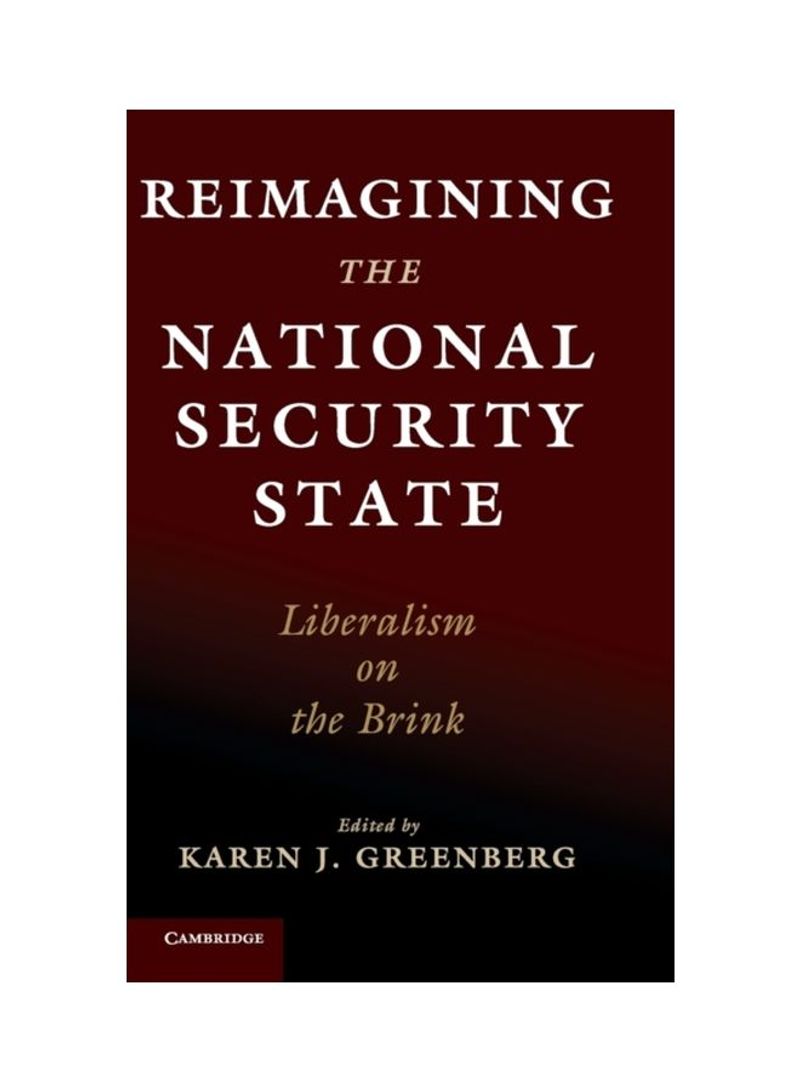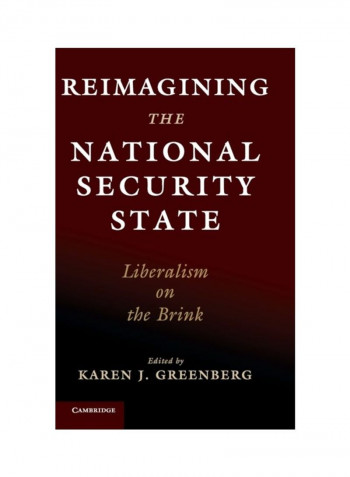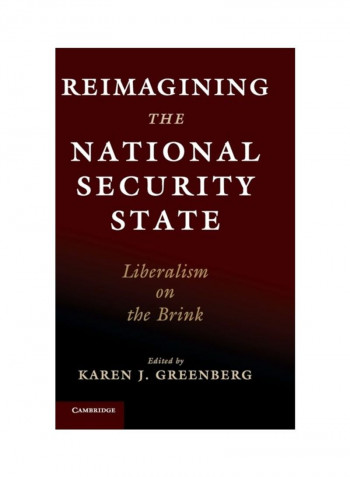Reimagining The National Security State: Liberalism On The Brink Hardcover
Recommend
Sort by
Rating
Date
Specifications
Grade
New
Book Description
Reimagining the National Security State provides the first comprehensive picture of the toll that US government policies took on civil liberties, human rights, and the rule of law in the name of the war on terror. Looking through the lenses of theory, history, law, and policy, the essays in this volume illuminate the ways in which liberal democracy suffered at the hands of policymakers in the name of national security. The contributors, who are leading experts and practitioners in fields ranging from political theory to evolutionary biology, discuss the vast expansion of executive powers, the excessive reliance secrecy, and the exploration of questionable legal territory in matters of detention, criminal justice, targeted killings, and warfare. This book gives the reader an eye-opening window onto the historical precedents and lasting impact the security state has had on civil liberties, human rights and, the rule of law in the name of the war on terror.
ISBN-13
9781108484381
Language
English
Publisher
Cambridge University Press
Publication Date
31 Jan 2020
Number of Pages
260
Editor 1
Karen J. Greenberg
Editorial Review
In Reimagining the National Security State, Karen J. Greenberg has brought together a veritable who's who of scholars and practitioners to help us understand how and why the post-9/11 state of exception favoring security over liberty has increasingly become the norm in American politics. This collection makes for bracing, disturbing, and essential reading for anyone who hopes that we can reset that balance.' Michael C. Desch, Packey J. Dee Professor of International affairs and Director of the Notre Dame International Security Center 'This book brings together some of our finest political thinkers to consider what has happened to the dream of liberal democracy. Has the West permanently lost its way? Is the security state a necessary, perhaps temporary step toward the salvation of democracy in the face of terrorism and the challenges of rising autocratic powers? Or does the security state represent the surrender of values that were presumed to be the core of liberalism in the West? These questions are illuminatingly addressed in this valuable collection.' Larry Wright, author of The Looming Tower and The Terror Years 'This collection of outstanding essays makes clear that America's war on terrorism is undermining its liberal democratic traditions and institutions. Anyone who doubts the Founding Fathers' warnings about the dangers of fighting endless wars should read this important book.' John J. Mearsheimer, R. Wendell Harrison Distinguished Service Professor of Political Science, University of Chicago 'In Reimagining the National Security State, Karen J. Greenberg has brought together a veritable who's who of scholars and practitioners to help us understand how and why the post-9/11 state of exception favoring security over liberty has increasingly become the norm in American politics. This collection makes for bracing, disturbing, and essential reading for anyone who hopes that we can reset that balance.' Michael C. Desch, Packey J. Dee Professor of International affairs and Director of the Notre Dame International Security Center 'This book brings together some of our finest political thinkers to consider what has happened to the dream of liberal democracy. Has the West permanently lost its way? Is the security state a necessary, perhaps temporary step toward the salvation of democracy in the face of terrorism and the challenges of rising autocratic powers? Or does the security state represent the surrender of values that were presumed to be the core of liberalism in the West? These questions are illuminatingly addressed in this valuable collection.' Larry Wright, author of The Looming Tower and The Terror Years 'This collection of outstanding essays makes clear that America's war on terrorism is undermining its liberal democratic traditions and institutions. Anyone who doubts the Founding Fathers' warnings about the dangers of fighting endless wars should read this important book.' John J. Mearsheimer, R. Wendell Harrison Distinguished Service Professor of Political Science, University of Chicago



